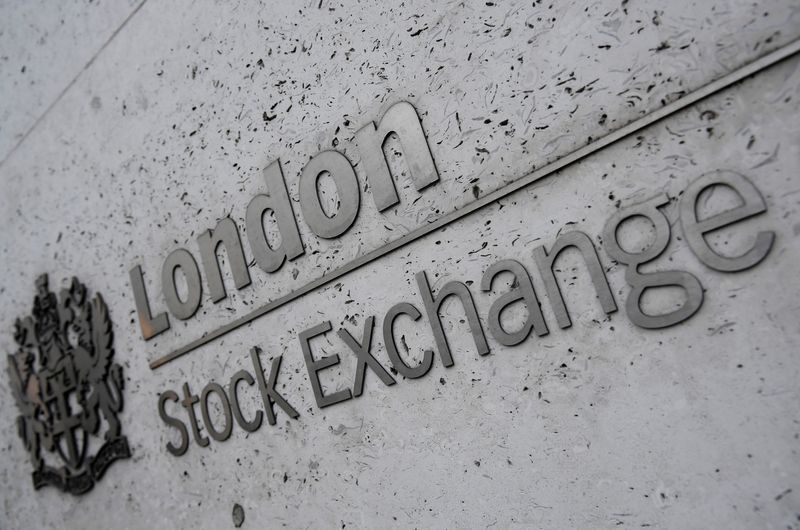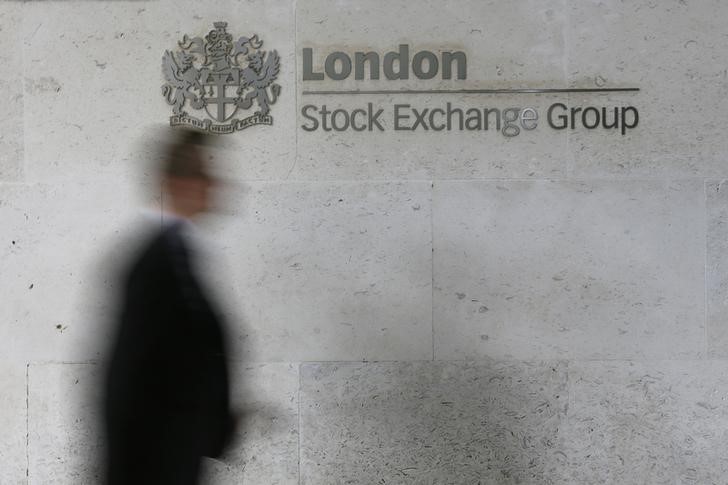(Reuters) - FTSE 100-listed (FTSE) companies using the UK government's job retention scheme for furloughed workers have made as much profit over the past five years as the initial projected cost of the scheme, a study showed on Monday.
The blue-chip firms that are furloughing workers had a combined profit of 42 billion pounds ($52 billion) from 2014 to 2019, according to think tank the High Pay Centre, and have paid out 321 million pounds to their chief executives as well as 26 billion pounds in dividends.
Britain's Conservative government previously put a price tag of 42 billion on the pay scheme, which funds 80% of workers' wages, up to £2,500 a month, if they are put on leave, but has since extended the scheme for another month.
Hundreds of thousands of businesses are struggling to survive the widespread shutdowns caused by the outbreak, with some 140,000 British firms having applied for help with their wage bill under the government scheme.
"The Coronavirus Job Retention Scheme is a vital progressive measure to protect people's jobs and incomes at this critical time, but it's important to understand that it is a subsidy for businesses, as well as for workers," said Luke Hildyard, Director of the High Pay Centre.
The report follows questions in the United States about large companies who have the funds to ride out the crisis using government aid for their own financial interests and preventing it reaching small businesses that are in greater trouble.
At least 18% of FTSE 100 companies and 23% of mid-cap companies on the FTSE 250 index (FTMC) are benefiting from the scheme, according to the High Pay Centre research.
Corporate observers and consultants also expect investors to use the crisis to push down executive pay at listed firms and impose green and other new types of criteria on bonuses.
The study said the average pay for a FTSE-100 CEO was 3.6 million pounds in the last five years, which is enough to cover over 200 households' annual universal credit claims.
Some 37% of FTSE 100 companies have reduced executive pay, while 33% have withdrawn or withheld dividend payments. However only 13% have made cuts to executive bonuses.
British government budget forecasters this month said unemployment could rise as high as 10% with an extra 2 million people losing their jobs if a three-month lockdown was only slowly lifted over the next three months.

